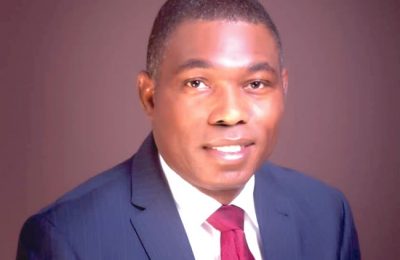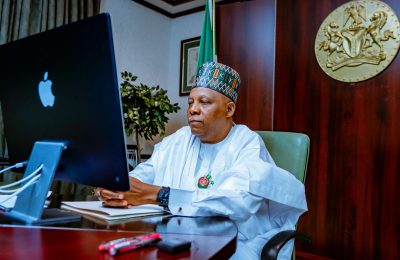IT would be well within the rights of Nigerians to expect some positive news about their country locally and internationally, but the shape of things right now is pretty bad. If the government is not doing all it can to inspire hope and confidence in the economy and to take Nigerians out of the morass of despondency, nothing manufactured to make Nigerians feel good, even if temporarily, can work. If Nigeria currently has its lowest credit rating since 2006 courtesy of Moody’s Investors Service, which has downgraded its foreign debt for the second time in just over three months and cut its credit ratings further into the non-investment grade category, popularly known as “junk”, it is because the Nigerian economy is in such a bad shape.
Going by reports, Moody’s has lowered the country’s long-term foreign-currency and local-currency issuer ratings as well as its foreign currency senior unsecured debt ratings to Caa1 from B3 and changed the outlook to stable. It has also downgraded Nigeria’s foreign currency senior unsecured medium-term note programme rating to (P) Caa1 from (P)B3. Given Nigeria’s struggle with crude theft, chronic dollar shortages and a depressing debt servicing that makes it nearly bankrupt, Moody’s said: “Ultimately, the risk that a negative feedback loop sets in over the next couple of years between higher government borrowing needs and rising interest rates have intensified, exacerbating the policy trade-off between servicing debt and financing other key spending items.” Its revised macro profile for Nigeria reflects its expectation that depressed and uncertain oil production, capital outflows amid flight to quality and the government’s constrained access to external funding will likely continue to weigh on Nigeria’s external position in 2023.
This simply means that Nigeria’s business outlook is poor and it can be no surprise. The government has not been able to take the country into the post-oil era and hope of a revamp increasingly dims with the mounting debts occasioned by the refusal to cut governance costs and plug loopholes in the system. In any case, there isn’t much by way of good governance that can inspire investors’ confidence: the infrastructure outlay is poor, corruption is endemic and policies aren’t faithfully implemented. The business climate is bound to be discouraging to investors. Although the government has often touted its efforts to enhance the ease of doing business, it is still a fact that Nigeria is one of the most difficult places in which to do business.

The implication of this poor rating is that Nigeria is now perceived as an unfavorable setting for investment and business. It means that while the President Muhammadu Buhari government continues to delude itself about having revamped the economy, independent observers see only a failing economy without any sign of revamping. This is the hard reality that Nigerans and the government must face, acknowledge and work hard to change.
The absence of a healthy rating from international observers means that Nigeria is not ready for international business engagement as foreign investors would only engage with healthy economies. In any case, with insecurity as the pervasive characteristic of the country, it is difficult to fault the poor rating that Nigeria is receiving. It is a fact that no business flourishes in an atmosphere of insecurity. Ultimately, the onus is on Nigerians to apprehend the current poor rating and its negative implications and let it spur them into using the forthcoming national elections to get more effective and visionary leaders to arrest the decline.







